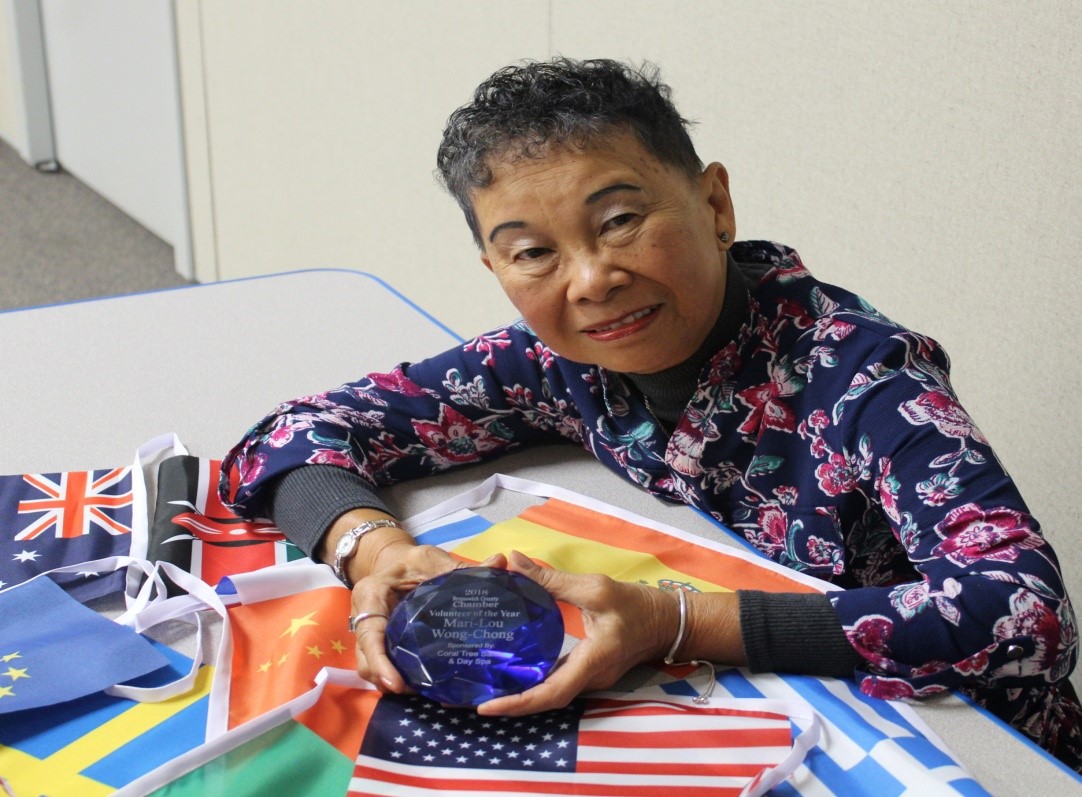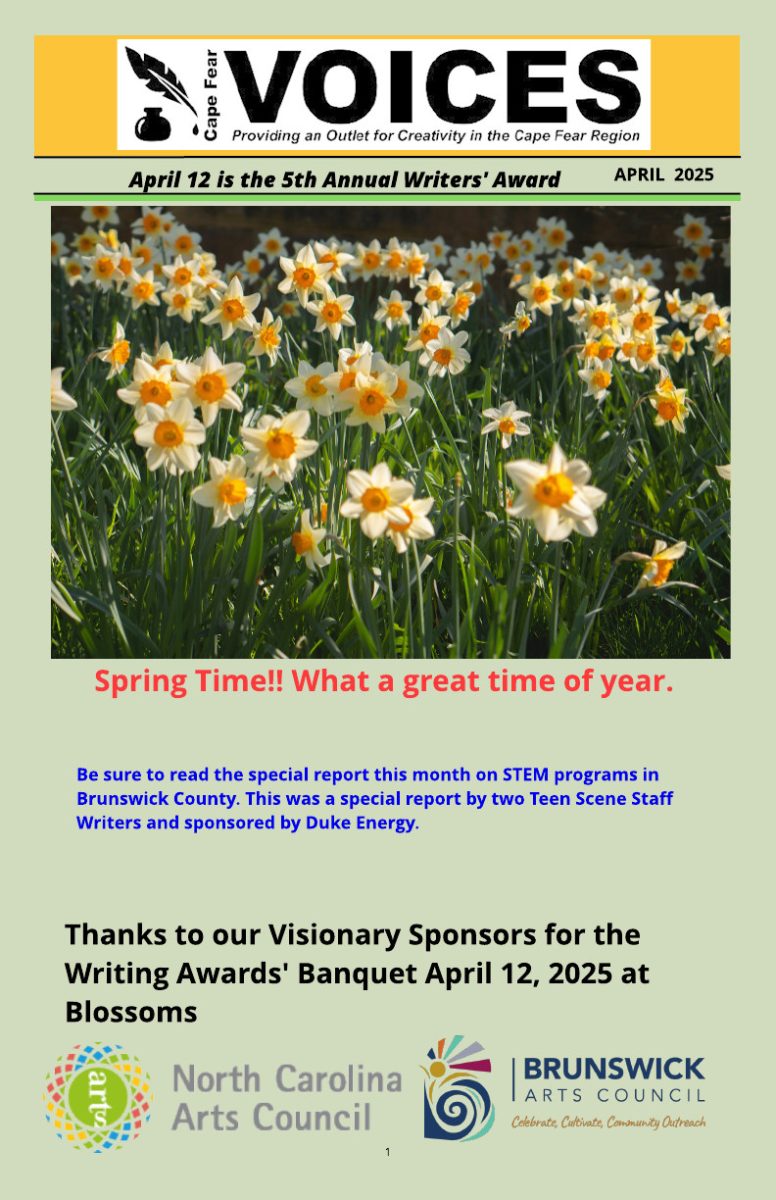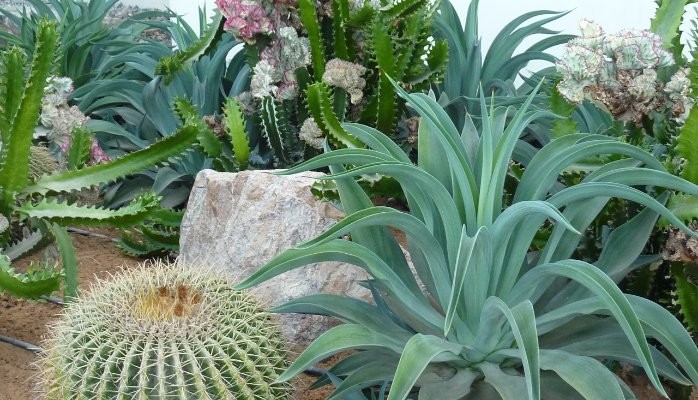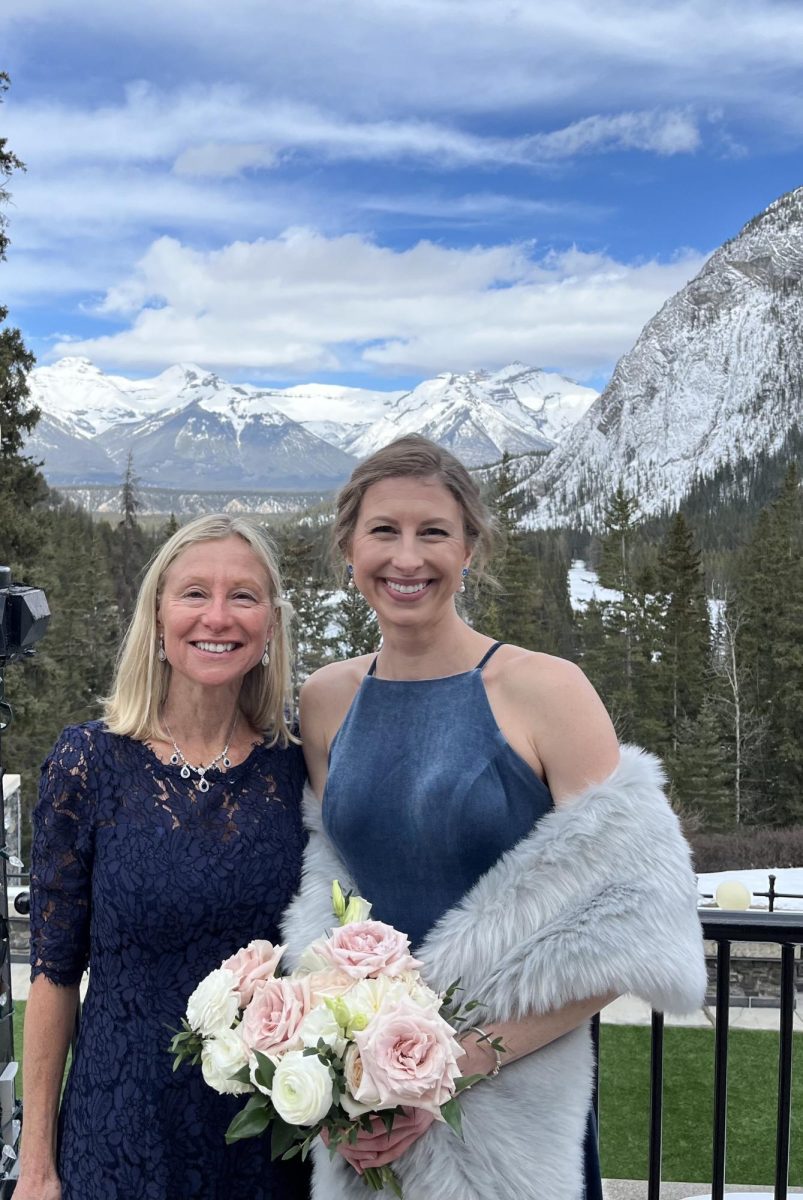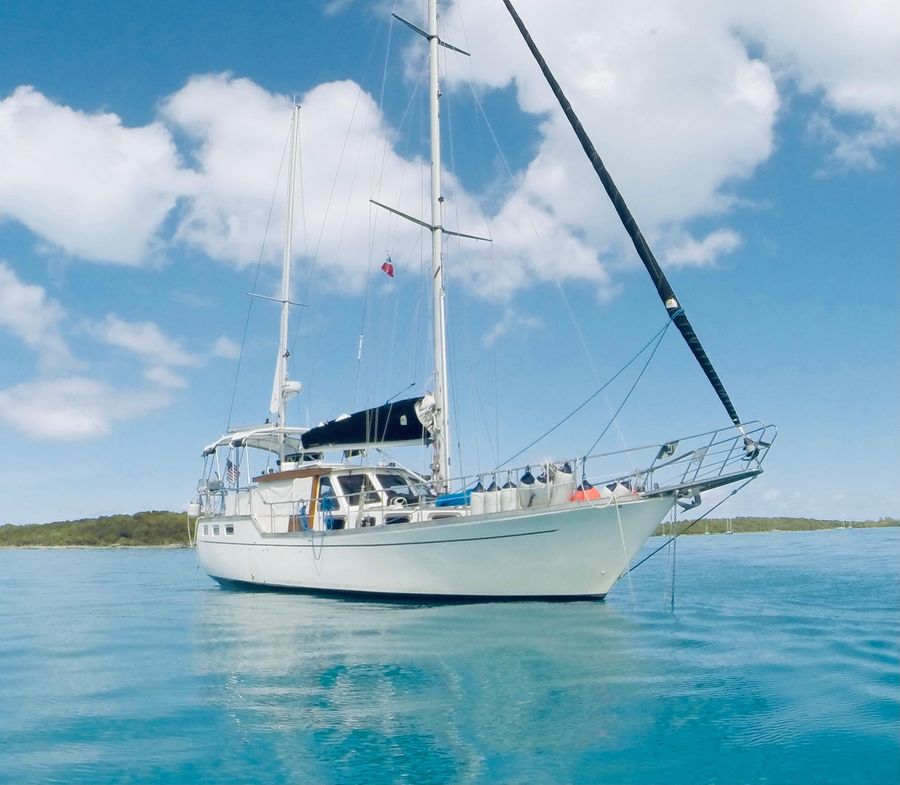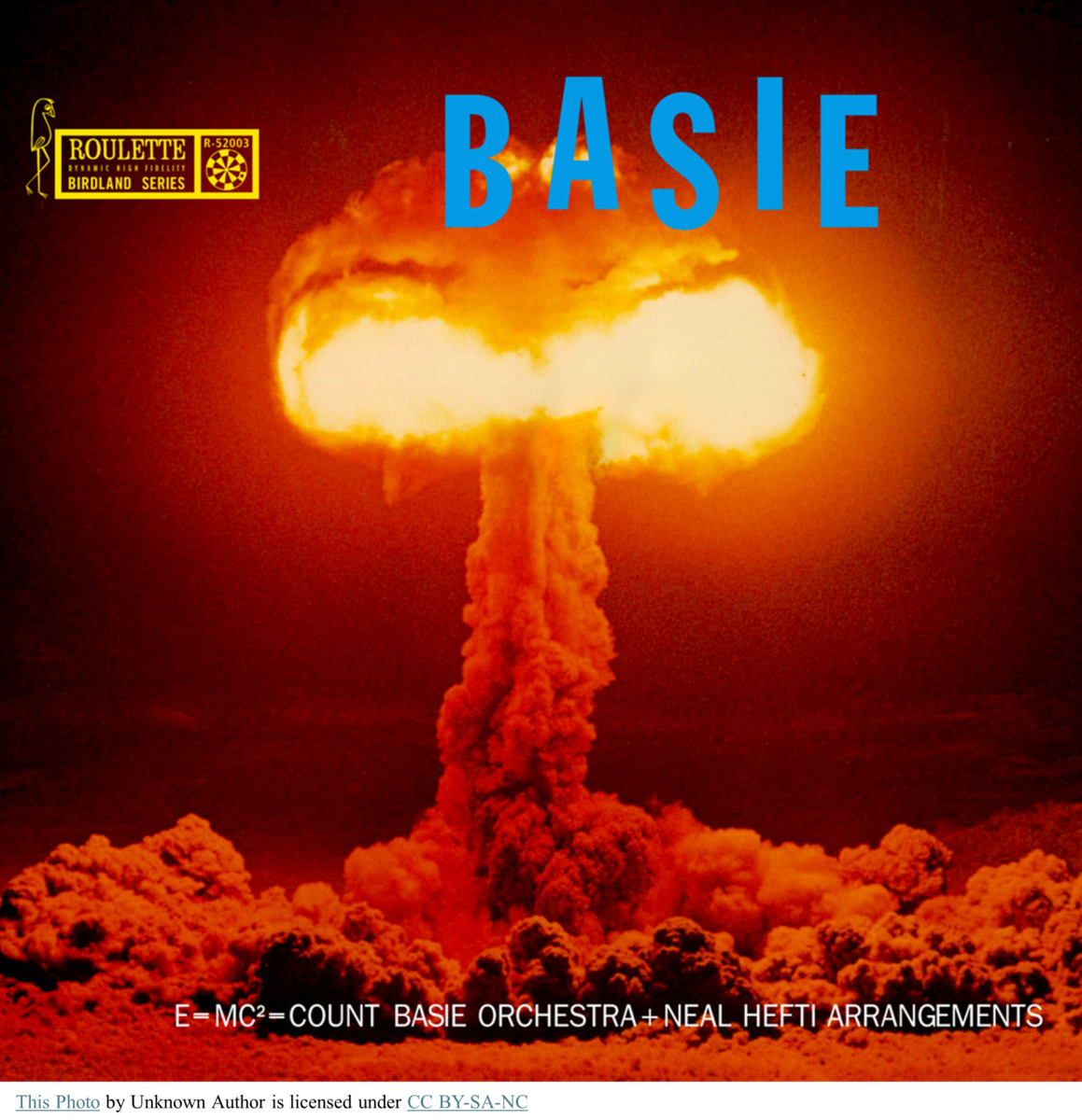What is the concept of cultural adaptation and acclimation?
To change one’s self so that one’s behavior, attitudes, will conform to the new or changed circumstances.
The process of adaptation to a new culture can be very different from one person to the next. The stress involved in adapting to a new environment is often called “cultural shock.” Adler describes cultural shock as a profound learning experience that leads to a high degree of self-awareness and personal growth. It is at the heart of the cross-cultural learning experience an experience in self-understanding and change.
The adaptation process is a time in which a person goes through different emotions and experiences some very positive and some less so.
Adler (1975) and Osberg (1960) describe five stages that occur in the event of cultural shock and the process of adaptation.
- The “honeymoon stage” is characterized by the excitement, euphoria, and enthusiasm, anticipation of being in a new place.
- Disintegration phase, the cultural differences become increasingly noticeable, marked by confusion .You might miss a lot of subtle cues in interpersonal communication.
- The reintegration phase: You are in the road to recovery and adaptation when you start to gain appreciation of the differences in your new environment.
- Autonomy Stage: Marked by increased understanding of the second culture and a feeling of autonomy and competence.
- Final Stage: Independence stage. This is when you begin to feel at home and can function at full capacity in both cultures.
Having briefly outlined the concept of adaptation, I will apply this concept to my cultural adaptation and transformation in the areas of Language, Climate, and Social Traits.
LANGUAGE: Tagalog is the major language in the Philippines. The language has a strong affinity to the Malay language, Spanish, Chinese and the English languages. I did not have much of a cultural shock here. English is the language of instruction in school. We also spoke English at home but there were some expressions that baffled me the first time I heard them spoken. “Apple of your eye” Couldn’t imagine how an apple can get into one’s eye.
“Break a leg” why would anyone want to break my leg?” “Hit the roof” I am looking up the roof to see what hit it. “Son of a gun” How in the world could a gun have a son?
CLIMATE: The climate in the Philippines is a tropical monsoon climate. The annual lowland temperature is a humid 1000 F. Two seasons the wet and the dry. Dry is March to June. Wet ,July to October. The remainder of the months a mixture of both.
I arrived in the United States in the middle of winter, first stop Anchorage, Alaska. Imagine my shock let alone to my body accustomed to 1000 F temperature to 200 F? The ground was covered with white, crisp, frozen, ice. Nonetheless I was excited .I remember the first time I saw snow. I was so thrilled I went out without a coat just to prove to myself that those flakes coming from heaven were real. Now, do you think I would be crazy to do that?
SOCIAL TRAITS: Social class in the Philippines. 10% rich, 20% middle class, 70% poor class. My parents worked very hard .I was lucky they had provided me with comfort and pampering not enjoyed by most kids my age. Up until I graduated from elementary, I had a nanny who followed me everywhere and catered to me. Dressed me, carried my books back and forth to school, handed me my drinks and lunch. We had maids who stayed with us 24 hours a day and were there whenever they were needed, a chauffeur, and gardener. I never learned to cook or did any housework. They were all done for me.
Coming to America, I had to learn how to take care of myself. I remember how I cried so bitterly the first time I had to wash my clothes by hand. The first time I made soup, I burned it. It was burning, but I didn’t know the smell of burnt food. I survived. And so did my husband and kids. How, I don’t know!
Respect for parents and elders. Filipino parents excise almost absolute power over their children. Parents teach their children to respect not only their parents but also anyone who are older .One does not call someone older than them by their first name, nor are the children allowed to talk back. I was absolutely flabbergasted the first time I heard a 6-year-old answer his mother in such a disrespectful way. Right there, I made up my mind that no child of mine will grow up to be this way.
Family value: The family has been the unit of society and everything revolves around it. Family ties are very close. The parents’ work very hard and sacrifice for their children, in return the children love and respect them and take care of them in their old age.
Let me wrap up by saying that as human beings we have unlimited and enormous capacity for adaptation and self-organization. My cultural adaptation and transformation has been a profound positive learning experience. It has given me a high degree of self=awareness, knowledge, appreciation of different cultures, personal growth, and ABOVE ALL THE COURAGE TO CHANGE. I am now completely at home but at the same time retain the values that are important to me from my childhood. I truly have the better of two worlds.
Mari-Lou Wong-Chong is the Chair for the Brunswick County Intercultural Festival , a chartered member of the Brunswick County Toastmasters Club, a recipient of the North Carolina Governor’s award for Voluntary Service, and a recipient of the Brunswick Chamber of Commerce Woman of Impact Volunteer of the Year, 2018.

